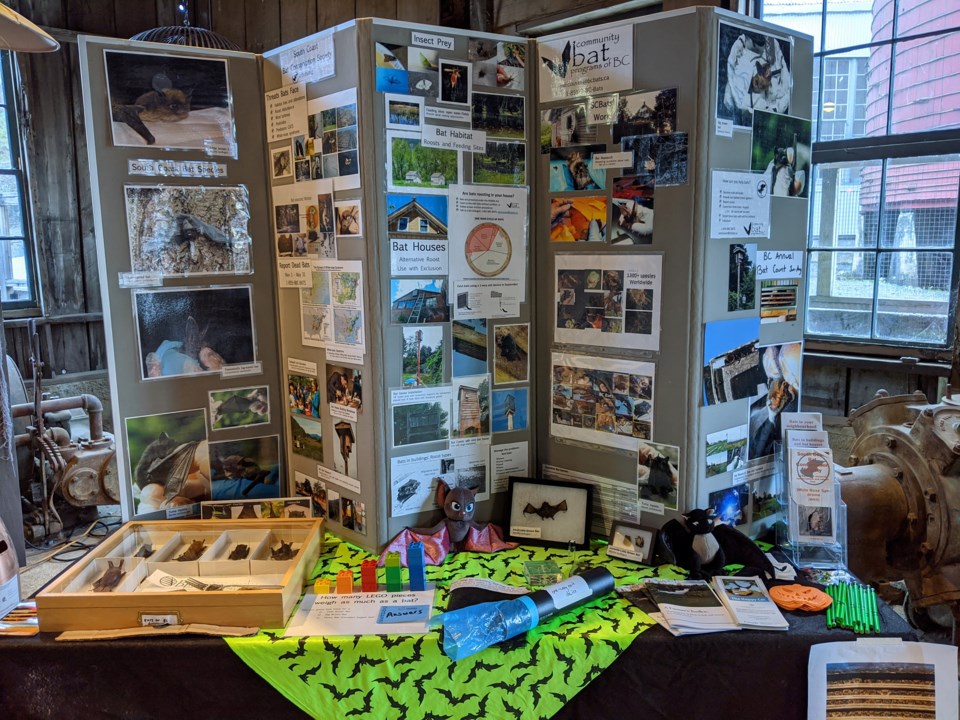As Halloween approaches, images of scary bats become commonplace.
This is the perfect time of year to counter bat myths and do something to help bats, by taking part in International Bat Week (Oct. 24 to 31).
Bat Week is all about appreciating these amazing animals and their benefits, including eating insects, pollinating flowers, and spreading seeds and nutrients.
Take a moment to learn about the many ways bats contribute to our lives, and what you can do locally for bats, at www.batweek.org or through the BC Community Bat Program at www.bcbats.ca.
Research bats online, watch a bat cam (e.g., https://batworld.org/bat-cams/), help restore a wetland, learn about bat-friendly community initiatives, or clean and maintain your bat box for next spring… there are many ways to participate and support bats.
The City of Delta is hosting an event for Bat Week.
Come learn about bats and the habitat that supports them. Join the Delta Naturalists’ Society for an interpretive walk around Ladner Harbour Park on Oct. 24 from 2 to 4 p.m.
Please email: [email protected] to sign up for this free event.
“Bats in B.C. help control agricultural and forest pests, as well as mosquitoes in our yards - but now bats need our help” says Danielle Dagenais, regional coordinator for the BC Community Bat Program, Metro Vancouver-Squamish Region. “The conservation of bats in B.C. has always been important, since over half the species in this province are considered at risk. With the continuing spread of White-nose Syndrome in Washington State, bat conservation is more important than ever as we expect to see impacts in B.C. in the near future. ”
Bat Week marks the time of year when bats disappear from our neighbourhoods, until the return of warmer weather in spring. As insect-eaters, our B.C. bats must leave their summer roost sites and migrate or hibernate to survive the winter. This absence means that this is the time of year to do home renovations that you have delayed due to bat presence. You can clean out and repair a bat box, or do bat-friendly exclusion work, without disturbing or injuring bats.
If you do see a bat in winter, please report it. Monitoring for white-nose syndrome in B.C. will continue this winter, with Community Bat Programs requesting reports of dead bats or sightings of winter bat activity.
In partnership with the BC Ministry of Environment, and funded by the Habitat Conservation Trust Foundation, Forest Enhancement Society of BC, Habitat Stewardship Program, the BC Community Bat Program provides information and promotes local stewardship and citizen science. You can report winter bat sightings, find out more about the BC Community Bat Program, Bat Week activities, and options for helping local bat populations, at www.bcbats.ca, [email protected], or 1-855-922-2287 ext. 11.



